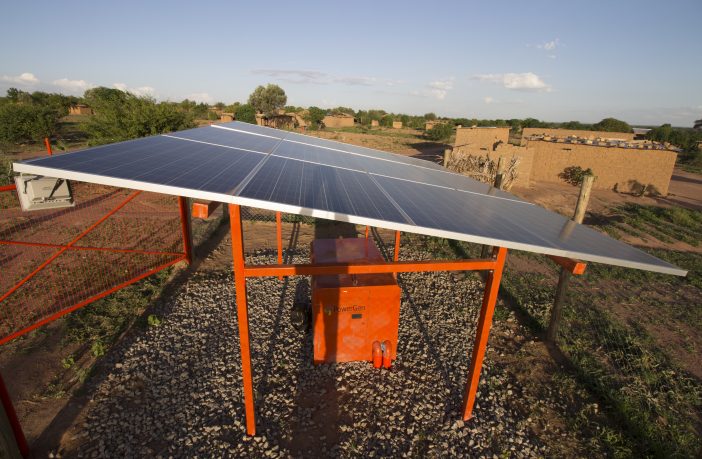- CrossBoundary Energy Access (CBEA) has provided the project finance facility to build 60 mini-grids in Tanzania in partner-ship with PowerGen Renewable Energy.
- CBEA was established earlier this year with investments from the Rockefeller Foundation and Ceniarth to provide long-term funding for mini-grids on a project finance basis, delivering first time grid-quality power to rural households and businesses.
As part of this transaction, CBEA has signed a loan agreement with the Renewable Energy Performance Platform (REPP). REPP is a UK government-backed funding platform managed by Camco Clean Energy, focused on helping renewable energy projects attract and access private and institutional investment.
REPP’s innovative facility will provide a long-term senior loan, structured as project finance debt, supporting this new asset class to be financially sustainable. Such innovative project finance solutions will be key to unlocking the more than US$11 billion for mini-grids needed from investors to connect at least 100 million people.
CBEA’s initial $5.5 million investment will fund 60 mini-grids providing grid-quality power for the first time to 34,000 people in rural homes and businesses in Tanzania. It is the first time that a long-term project finance structure – traditionally used to fund large-scale infrastructure projects – is being used in the rural mini-grid sector in Africa.
Mini-grid developers like PowerGen have so far struggled to attract long-term financing for their projects because each mini-grid is too small to be individually financed. To address this, CBEA established a special purpose entity in Tanzania that will purchase PowerGen’s existing and future operating mini-grids in Tanzania.
PowerGen will continue to provide long-term customer and asset management services to the mini-grid customers. This minimizes transaction costs and allows investors and lenders to provide long-term financing based on the cash flow generated by the assets themselves, similar to how most of the world’s 1,000 gigawatts of wind and solar projects have been financed.
A core feature of CBEA’s pioneering business model is the creation of a long-term sustainable structure through the close alignment of incentives between PowerGen as the developer/operator and CBEA as the long-term owner of the mini-grid portfolio.
The sale of the mini-grids to CBEA soon after completion al-lows PowerGen to recycle capital and focus on developing more projects. A developer premium in the form of a share of the distributions from the portfolio, and an operating fee that includes a performance bonus where the grids’ revenues exceed projections will allow PowerGen to benefit as it operates grids more efficiently and provides customers with better service. As a result, both CBEA and PowerGen’s prof-its come from the grids performing well and providing long-term value to the most important stakehold-ers – their customers.
CrossBoundary launched their Energy Access Fund in January 2019. Read more
CBEA and REPP are part of a group of investors with more than $2.0 billion under management who signed a position paper in June that endorsed mini-grids as a key solution to ending energy poverty in Africa, and strongly urged governments and donors to support unified results based financing (RBF) pro-grams to mobilize private capital. CBEA’s and REPP’s investment in Tanzania is an immediate proof point of how RBF programs can mobilize private capital.
The Shell Foundation (UK Registered Charity) and UK aid, through the Transforming Energy Access programme, provided support for the structuring and launch of CrossBoundary Energy Access.
Author: Bryan Groenendaal















